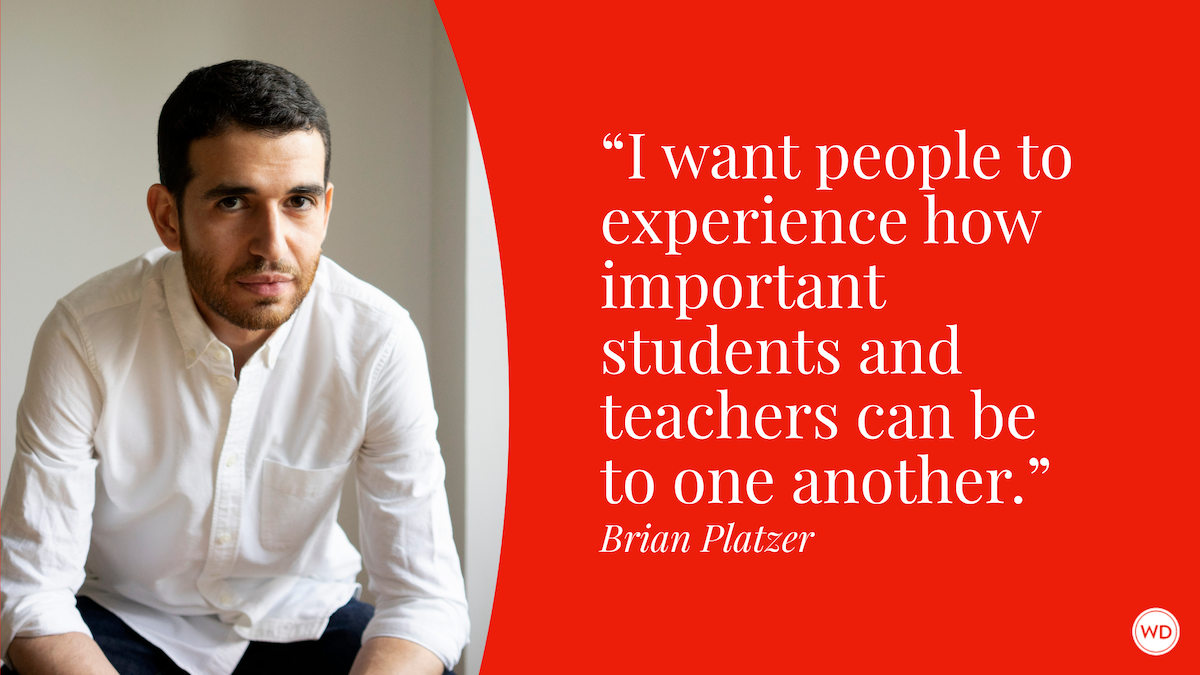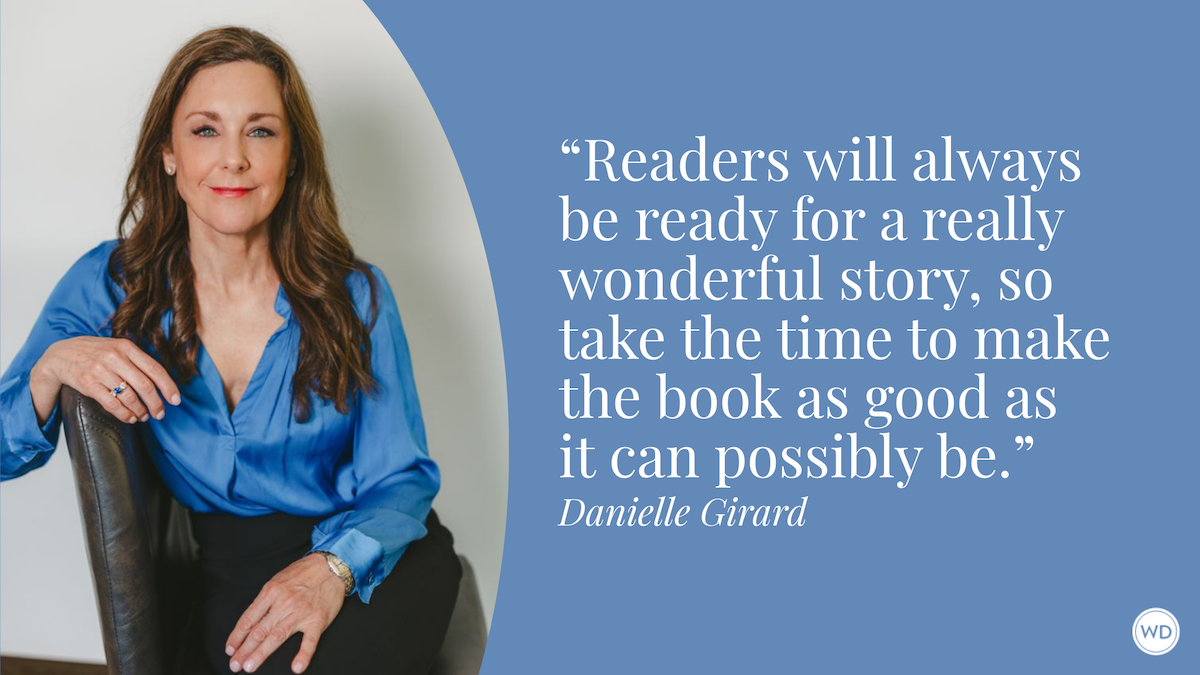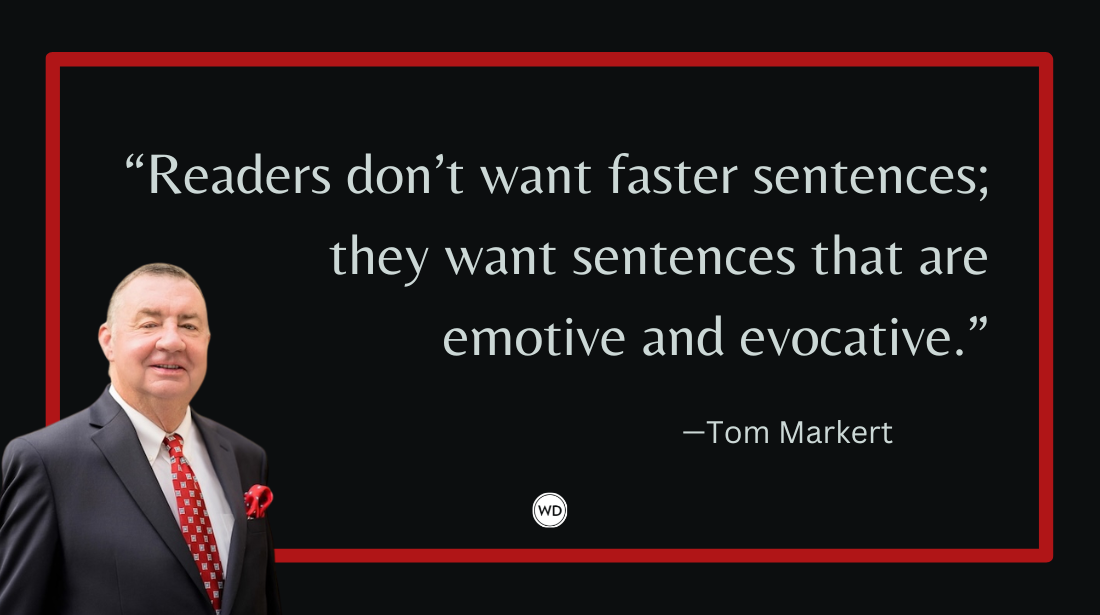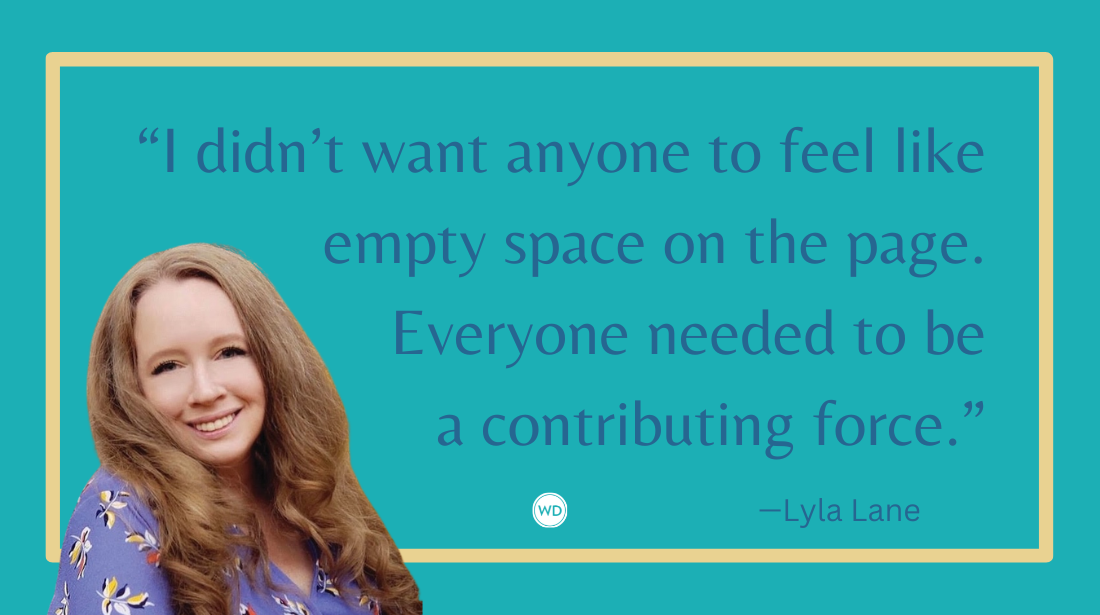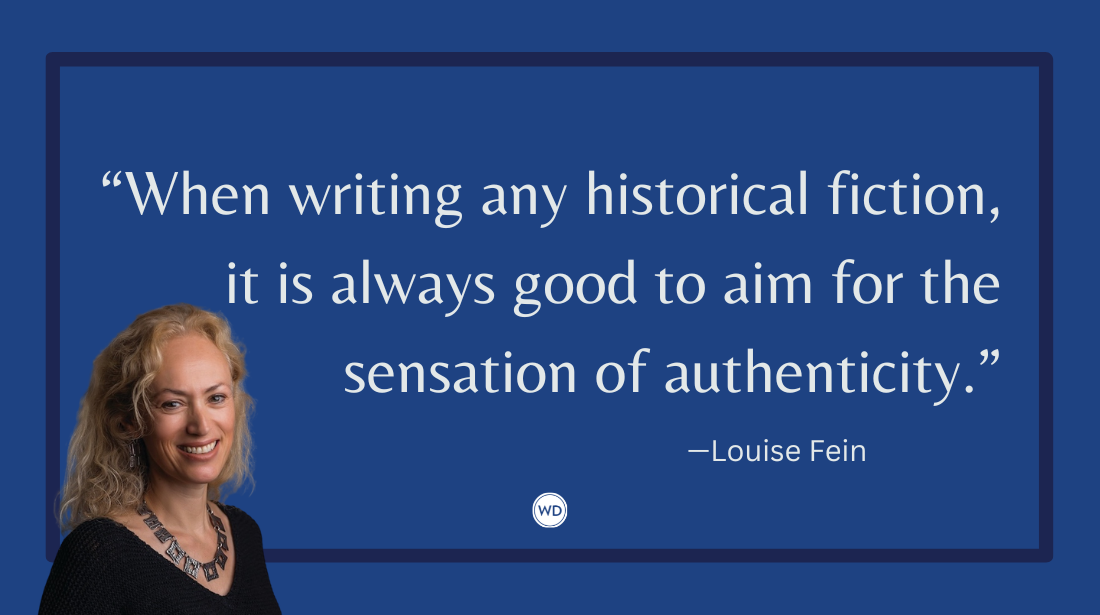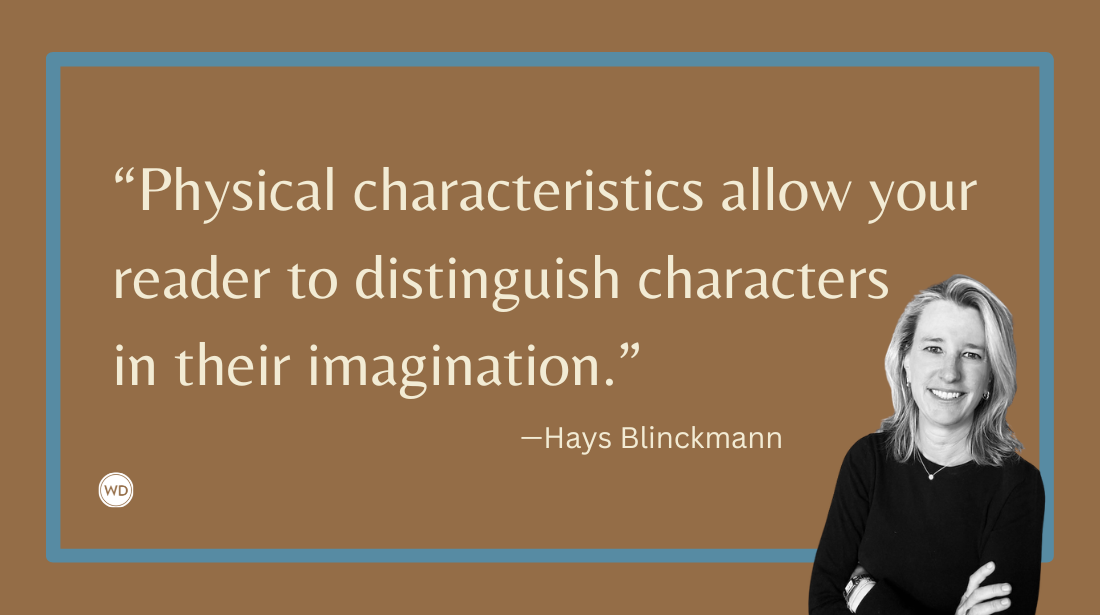The Power of Love (Stories)
Author Bianca Gillam discusses the power of love stories for both readers and writers of romance, whether rom-coms or romantasy.
In the last few years, romance novels have had the spotlight on the publishing stage. A combination of a deep need for escapism, BookTok, and community-driven reading spaces have pushed the genre into peoples’ consciousness more than ever before.
From Emily Henry’s Beach Read, to Abby Jimenez’s Just for The Summer and Colleen Hoover’s It Ends With Us, the appetite for a love story seems to be greater than ever. This movement is something that—as an avid romance reader myself—I find to be both unsurprising and incredibly exciting. But where, exactly, does it come from?
My relationship with romance novels has been steadfast since I was a teenager: I used to inhale Sarah Dessen novels like it was nobody’s business. And this steadfastness was a constant throughout my life. I became a romance novel editor, and my hobby turned into my (former) job, and my love for love stories blossomed and grew into my adulthood.
And with every book I read—or published—I found myself thinking about the power of romance novels. These are the books people often reach for when they need a lift; when they are in the hospital waiting for news about a friend or a relative. When they are having a bad day, and want to be reminded that there’s hope. When they’re lonely, and want to feel like they have some company (Exhibit A: me as a teenager reading under the desk at school).
It’s always been clear to me that romance novels can inspire and entertain, but when someone very close to me became sick, suddenly, the books I reached for out of habit turned into a lifeline. And then, I started to write one.
Bad Publicity is the product of a 15-year love story with love stories. It is romantic, and (I hope) funny, and contains many of the tropes of classic rom-coms: only one (hotel) bed, car breaking down, enemies-to-lovers. I poured my love of the genre into this book. But what drew me to writing it, too, was that I felt like I had something to say: a journey of growth that I needed to go on myself.
When the person I was close to passed away, I began to write not just because I wanted to, but because I had to: because it took me to beautiful places and into other lives—giving me an escape from my own. But I also wrote to examine what I was experiencing and understand it better. Because in the end, I knew that my protagonist was going to be okay. And—by extension—so was I (or so I hoped). And, incredibly, it worked: With each step forward Andie took, I took another step forwards too.
Writing Bad Publicity certainly helped me to alchemize what I was feeling, and to put it somewhere safe. It helped me find the happy ending on the other side. And of course it doesn’t end there. Because it’s life, and the end of one journey is often the beginning of another one. But you’ll never catch me entertaining any kind of conversation about the relative value of certain books compared to others, because all genres have a place in people’s hearts. And rom-coms have a place, too—in mine and countless others’. A very important one.
They show us the light when we need it. They show us that it’s okay to laugh, it’s okay to find the funny side of our grief.
They show us that, no matter what, we have love. We have hope.
And what better lesson could there be for life?
Check out Bianca Gillam's Bad Publicity here:
(WD uses affiliate links)




